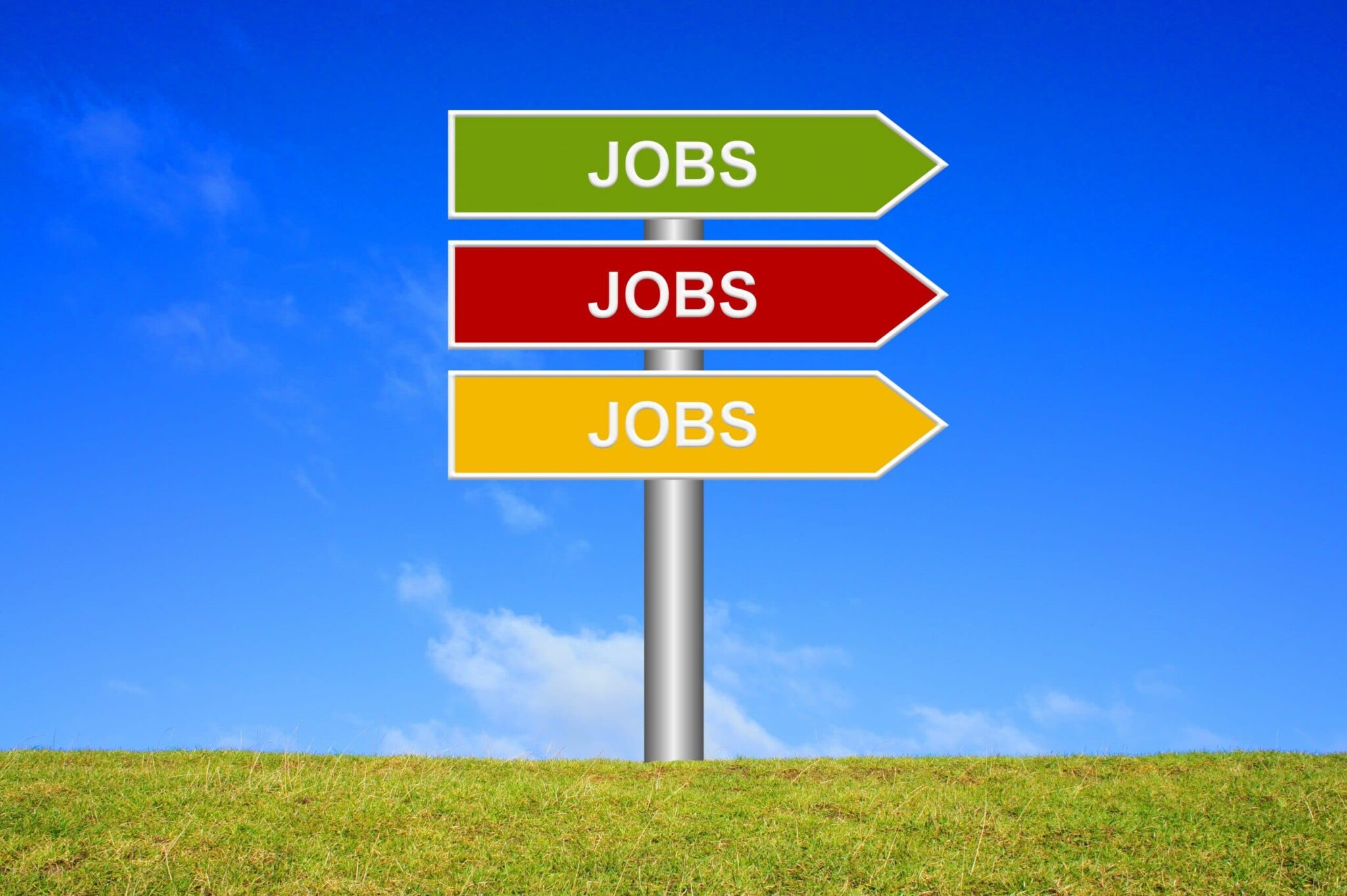WASHINGTON (AP) — In an encouraging burst of hiring, America’s employers added 850,000 jobs in June, well above the average of the previous three months and a sign that companies may be having an easier time finding enough workers to fill open jobs.
Friday’s report from the Labor Department was the latest sign that the reopening of the economy is propelling a powerful rebound from the pandemic recession. Restaurant traffic across the country is nearly back to pre-pandemic levels, and more people are shopping, traveling and attending sports and entertainment events. The number of people flying each day has regained about 80% of its pre-COVID-19 levels. And Americans’ confidence in the economic outlook has nearly fully recovered.
The result is that many businesses are desperate to hire and have posted a record-high number of jobs. With competition for workers intensifying, especially at restaurants and tourist and entertainment venues, employers are offering higher pay, along with signing and retention bonuses and more flexible hours. The proportion of job advertisements that promise a bonus has more than doubled in the past year, the employment website Indeed has found.
The unemployment rate rose from 5.8% in May to 5.9% in June, the report showed. Despite the job market’s steady improvement, unemployment remains well above the 3.5% rate that prevailed before the pandemic struck, and the economy remains 6.8 million jobs short of its pre-pandemic level.
But joblessness has plummeted from the 14.8% rate in April of last year, just after the coronavirus erupted and triggered tens of millions of layoffs.
The number of advertised job openings reached 9.3 million in April, the highest in 20 years of data, according to the Labor Department. The employment website Indeed has said that job postings have increased still further since then.
A temporary $300-a-week federal unemployment benefit, on top of regular state jobless aid, may be enabling some people to be more selective in looking for and taking jobs. Roughly half the states plan to stop paying the supplement by the end of July in what proponents say is an effort to nudge more of the unemployed to seek jobs.
On Thursday, the government reported that the number of people who applied for jobless aid last week fell to 364,000, the lowest level since the pandemic began.
There are also signs that people are re-evaluating their work and personal lives and aren’t necessarily interested in returning to their old jobs, particularly those that offer modest wages. The proportion of Americans who quit their jobs in April reached its highest level in more than 20 years.
Nearly 6% of workers who are in an industry category that includes restaurants, hotels, casinos, and amusement parks quit their jobs in April — twice the proportion of workers in all sectors who did so.
Rising numbers of people quitting jobs, often for higher-paying positions, mean that even employers that have been hiring may be struggling to maintain sufficient staffing levels.
A survey of manufacturers in June found widespread complaints among factory executives about labor shortages. Many said they were experiencing heavy turnover because of what they called “wage dynamics”: Other companies are luring their workers away with higher pay.
Karen Fichuk, chief executive of Randstad North America, a recruiting and staffing firm, said that the Monster job board, which Randstad owns, found that job postings jumped 40% from May to June. Job searches, by contrast, rose just 4%.
The struggle to fill jobs coincides with a swiftly growing economy. In the first three months of the year, the government estimated that the economy expanded at a strong 6.4% annual rate. In the just-ended April-June quarter, the annual rate is thought to have reached a sizzling 10%.
And for all of 2021, the Congressional Budget Office estimated Thursday that growth will amount to 6.7%. That would be the fastest calendar-year expansion since 1984.
In the meantime, consumer confidence rose in June, according to the Conference Board, and is nearly back to its pre-pandemic level. Americans also seem undeterred by recent price increases, with the percentage of consumers who plan to buy a home, car or major appliance all rising. Home prices shot up in April by the most in 15 years.
Factory output is also expanding at a healthy pace, in part because companies are investing more in industrial machinery, aircraft and technology. Those investments could make workers more efficient in the coming years and boost longer-term growth.






